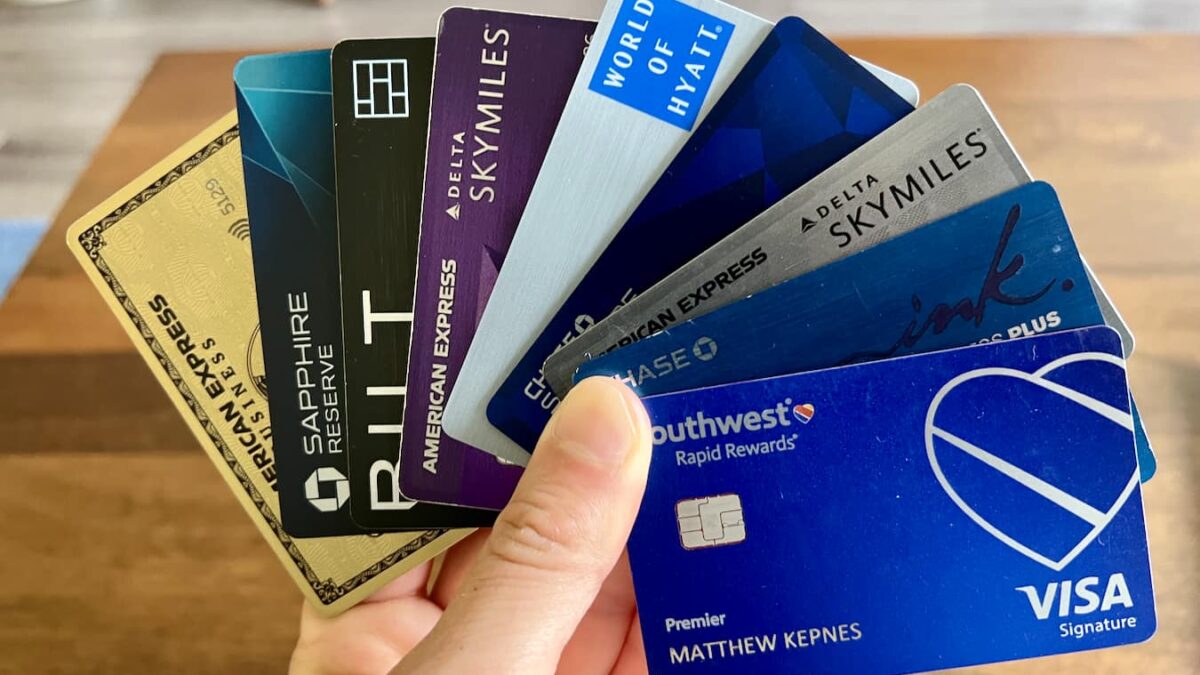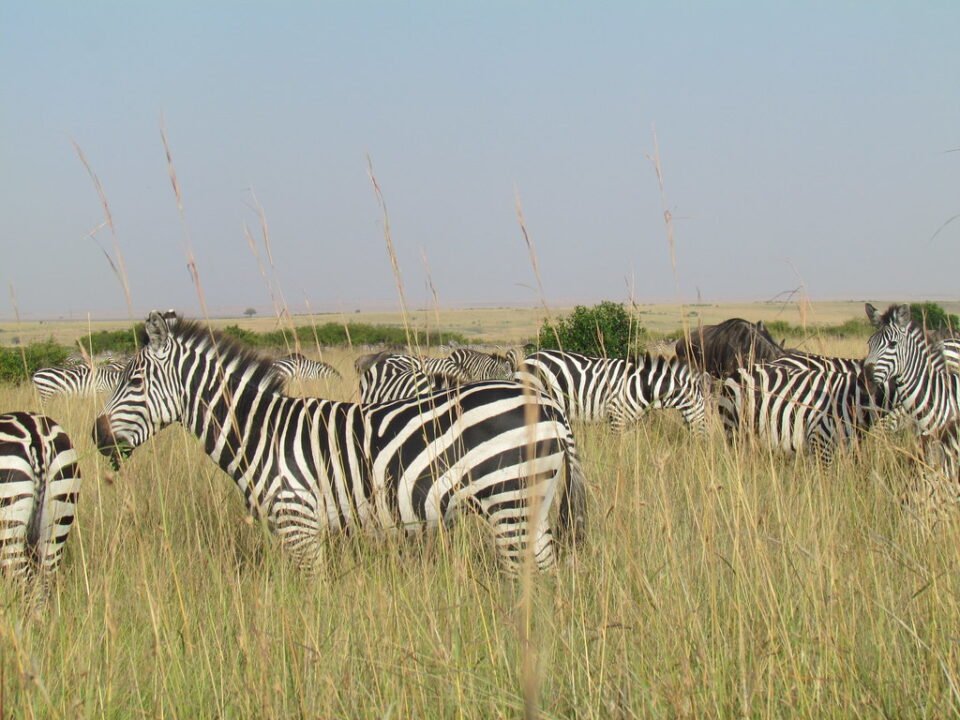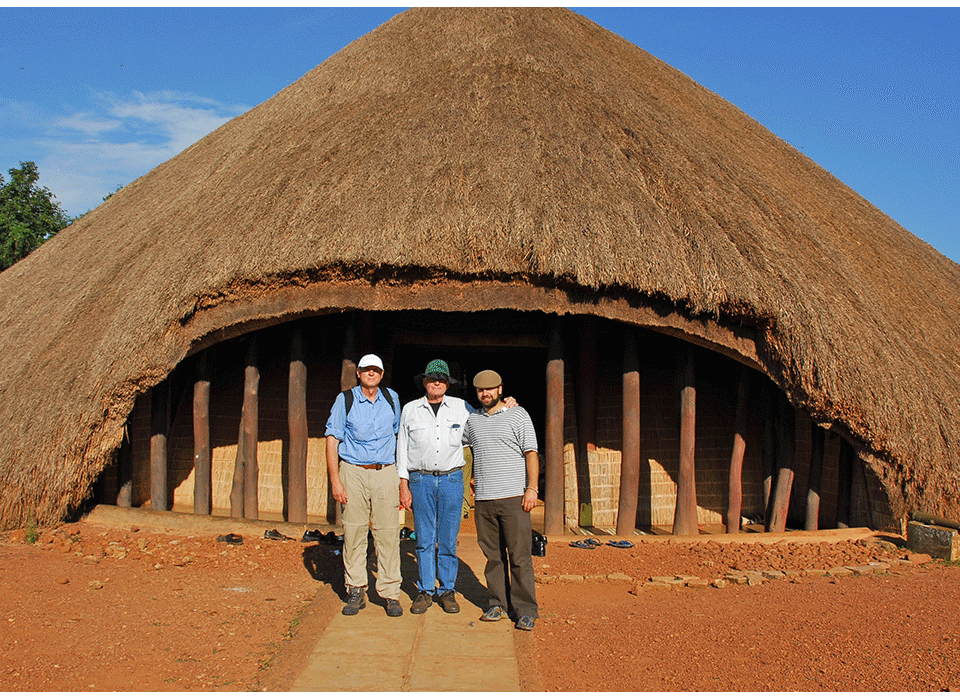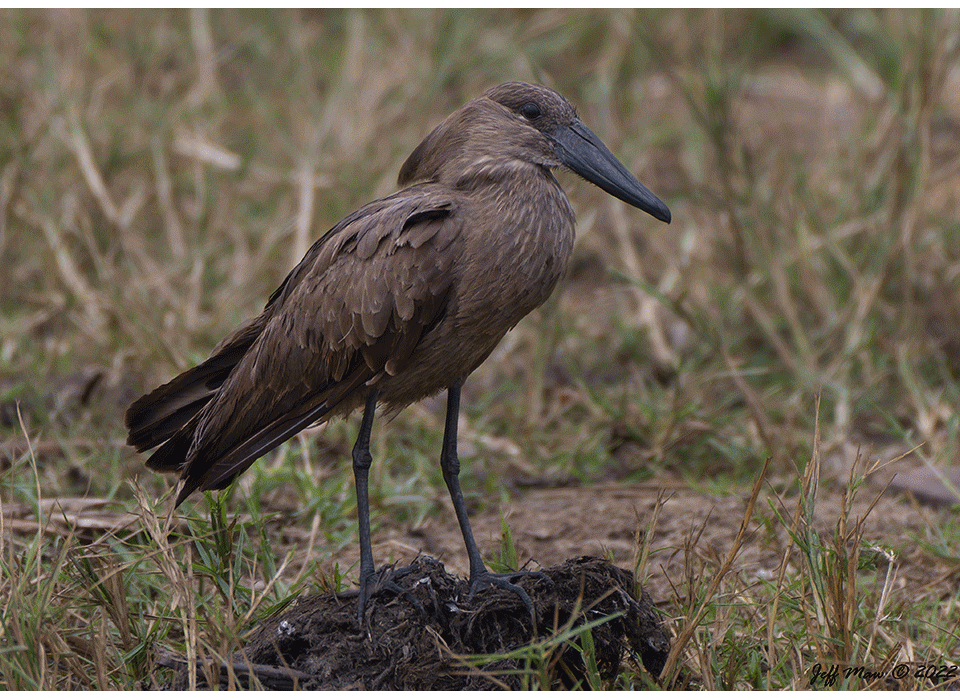
What currency is used in Kenya?
November 20, 2025
What’s the tipping culture like in Kenya?
November 20, 2025Can I Pay with Credit Cards at Lodges?
If you’re planning a safari to Kenya—perhaps to explore the vast savannahs of the Maasai Mara, photograph elephants beneath Mount Kilimanjaro in Amboseli, wander the rugged landscapes of Samburu, or unwind on the white-sand beaches of Diani—one practical question almost always arises: Can I pay with credit cards at lodges?
The simple answer is yes, most safari lodges and camps in Kenya accept credit cards. However, the full picture is more nuanced. Payment methods depend on the lodge’s location, level of luxury, available infrastructure, and the technology used in remote wilderness areas. Understanding where card payments work flawlessly, where they may encounter challenges, and when alternative payment methods are advisable helps travellers prepare properly.
This detailed guide explores everything you need to know about using credit cards at safari lodges in Kenya: which cards are accepted, how charges are processed, Wi-Fi and network limitations, possible card fees, tips for avoiding payment issues, alternative payment options, and best practices for safari travellers.
Do Safari Lodges in Kenya Accept Credit Cards?
The short answer:
Most mid-range and luxury safari lodges and camps in Kenya accept credit cards.
These typically include:
High-end private conservancy camps
Luxury tented lodges
Boutique bush camps
Coastal beach resorts
International hotel brands
Upscale lodges in the Mara, Amboseli, Samburu, and Laikipia
Day-to-day guest expenses that can be paid by credit card include:
Drinks
Spa treatments
Laundry services
Park fees (in some cases)
Curio shop purchases
Extra activities (balloon safaris, nature walks)
Many lodges prefer card payments for larger amounts because they reduce the need to handle large volumes of cash in remote locations.
Which Credit Cards Are Accepted?
Most safari lodges accept:
Visa
Mastercard
These are universally recognized in Kenya.
Acceptance of Other Cards:
American Express – accepted in some high-end lodges, but less common
Diners Club – rarely accepted
Discover – uncommon
UnionPay – accepted only in select hotels
For the smoothest experience, travellers should rely primarily on Visa or Mastercard, which are the most widely accepted across Kenya’s hospitality industry.
Will Lodges Charge Extra for Credit Card Payments?
Many lodges apply a 3%–5% surcharge for card payments. This is standard practice, especially in the following situations:
Lodges using mobile POS systems
Remote camps running on solar power
Properties needing to offset card processing fees from banks
Commerce fees tied to cross-border transactions
Luxury lodges may waive the fee, while mid-range camps may include it. Always ask in advance if card fees apply.
Can Lodges Process Card Payments in Remote Locations?
Yes—but with occasional limitations.
Most safari lodges are located deep in the bush, far from towns and sometimes far from signal towers. While many operate efficiently, several factors can influence card payment reliability.
Key considerations:
1. Electricity Limitations
Some camps operate exclusively on solar power:
Charging POS machines may be limited
Outages can delay transactions
2. Network Signal Issues
Many lodges rely on:
Local mobile networks
Satellite internet
Wi-Fi boosters
Signal fluctuations may temporarily affect card processing.
3. Weather Conditions
Heavy rain can disrupt:
Satellite signals
4G networks
Bush Wi-Fi
4. Remote POS Systems
Some camps use offline card machines that sync later, meaning:
Charges may post after departure
Receipts may be emailed after processing
Despite these challenges, most high-end safari camps manage payment systems well and rarely experience major issues.
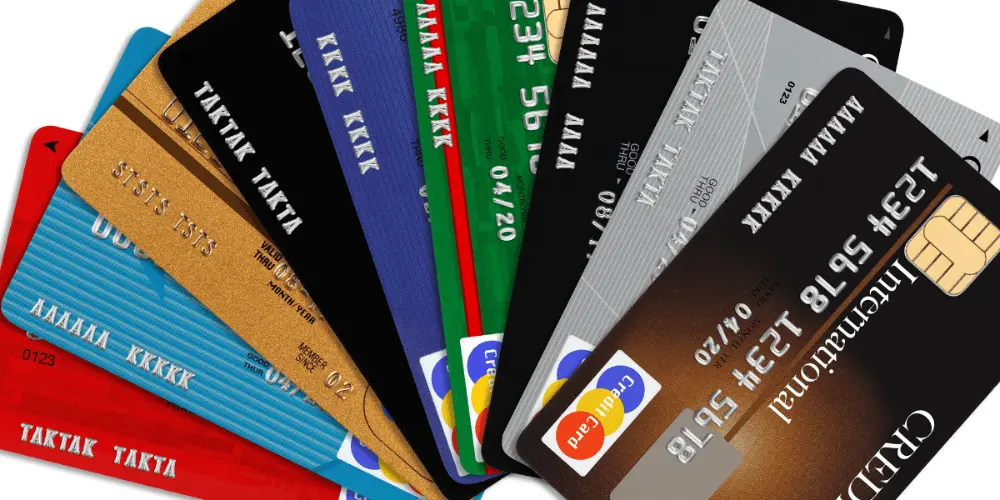 How Payments Are Handled at Lodges
How Payments Are Handled at Lodges
1. Prepaid Safaris (Most Common)
Most travellers prepay their:
Accommodation
Game drives
Park fees
Transfers
At the lodge, you only pay for extras.
2. Pay-at-Lodge for Extras
These include:
Drinks
Balloon safaris
Spa treatments
Gratuities
Gift shop items
These are usually settled at checkout by card or cash.
3. Local vs International Transactions
Most card machines in Kenya process payments in KES, even at lodges. Some may offer USD, but this is less common.
4. Offline vs Real-Time Processing
Remote areas often process payments offline:
Machine stores the transaction
Transactions upload when network returns
You receive confirmation later
This is safe and common practice.
Is It Safe to Use Credit Cards at Safari Lodges?
Yes. Safari lodges manage payments in controlled environments with trained staff. Fraud cases at safari properties are extremely rare.
To ensure safety:
Use your card in front of staff
Request printed or emailed receipts
Keep SMS alerts activated
Notify your bank of travel dates
Kenya has well-established banking security systems, especially in the tourism sector.
Should You Carry Cash as a Backup?
Yes, carrying some cash is advisable—even if you plan to use credit cards.
Recommended amounts:
USD $100–$200 for emergencies
KES 5,000–15,000 for small purchases
Cash is especially useful for:
Tips
Community visits
Local market purchases
Village experiences
When POS machines are temporarily down
Both USD and KES are widely accepted depending on the service.
Tipping at Safari Lodges: Card or Cash?
Some lodges allow tips to be added to your credit card bill, which are then distributed to staff. However, cash tips are more common and often preferred because:
They reach staff faster
They avoid card fees
They can be given directly to your guide or porter
Most travellers tip in:
USD
KES
A mix of both
Guides typically receive USD $10–$20 per person per day, while camp staff receive USD $5–$10 per person per day.
What If a Lodge Cannot Process My Card?
Although rare, it can happen—especially during storms, network outages, or power issues. In such cases:
You may pay later by secure online link
You may wire funds to the lodge
You may pay in cash
You may charge through your tour operator
You may wait until network returns (often within hours)
Safari lodges are accustomed to remote-area challenges and offer flexible solutions.
Can I Use Credit Cards for Park Fees?
Yes, but usually not directly at park gates.
At park gates:
Cash and M-Pesa were traditionally used
Many gates now accept cards but inconsistently
At lodges and tour companies:
Most safari operators prepay your park fees
You don’t need to manage this yourself
Paying park fees directly is only required in self-drive or last-minute trips.
Should You Inform Your Bank Before Traveling?
Absolutely. Many travellers face card blocks because their bank flags Kenyan transactions as suspicious. Avoid issues by:
Calling your bank
Enabling international transactions
Turning on travel alerts
Keeping a backup card
Safari lodges often process transactions offline, which can confuse certain banks if they see multiple delayed charges from Kenyan remote areas.
Alternatives to Credit Cards in Kenya
1. Cash (USD or KES)
Ideal for:
Tips
Small purchases
Emergency payments
2. M-Pesa
Kenya’s mobile money system is widely used, but travellers need a local SIM card to use it. Some lodges accept M-Pesa for payments but this is more common in cities.
3. Mobile Wallets (Limited)
Apple Pay and Google Pay are rarely accepted outside major hotels.
Tips for Using Credit Cards Safely and Effectively at Lodges
Bring two cards (Visa + Mastercard)
Check expiration dates before travel
Keep receipts for any offline charges
Bring small bills for tipping
Have KES for local purchases
Avoid using your card at street vendors or unverified shops
Use hotel safes for storing cash and cards
Pay your lodge bill the night before departure to avoid morning delays
Ask about card surcharges before paying
These tips ensure smooth transactions and reduce the chance of last-minute inconveniences.
Final Thoughts: You Can Use Credit Cards at Most Safari Lodges—But Plan Smart
Credit cards are widely accepted at mid-range and luxury safari lodges throughout Kenya. They provide convenience, safety, and ease for travellers settling lodge bills or paying for extras. However, due to remote locations, occasional network issues, and card fees, it is important to:
Carry a backup card
Bring some cash
Confirm payment options in advance
Be aware of surcharges
Travellers who prepare for both card and cash usage enjoy seamless, stress-free budgeting throughout their safari adventure.
Book Your Kenya Safari with Experiya Tour Company
If you want a smooth, well-planned safari—complete with clear information on payment methods, budgeting guidance, and seamless lodge arrangements—Experiya Tour Company is your trusted travel partner. Their expert team ensures you stay in vetted lodges with reliable payment systems while guiding you through all practical considerations of safari travel. Whether you’re exploring the Maasai Mara, Amboseli, Samburu, or the Kenya

